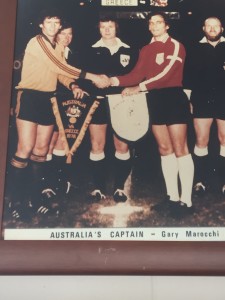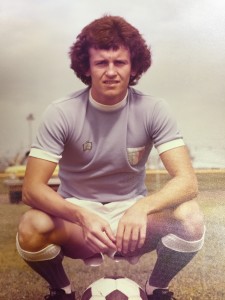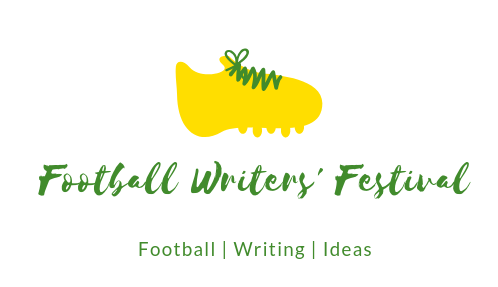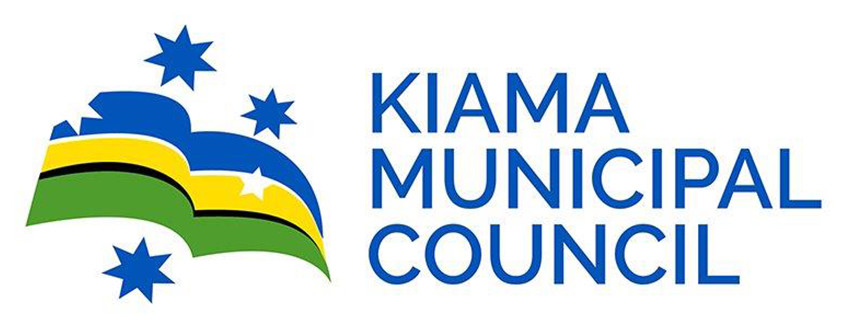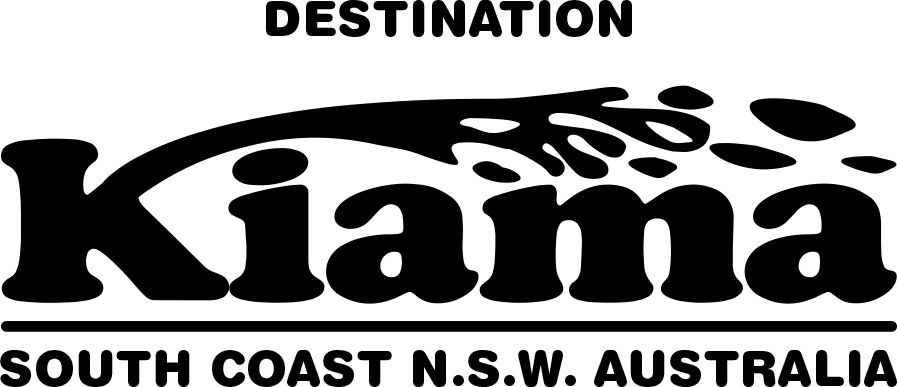When Gary Marocchi, the former Adelaide City and Socceroo midfielder, and Perth Glory coach , made his first appearance in national colours during the 1976 Socceroo world tour, it was plain to see the football world was witnessing a player with God given talent .
Surprisingly, a year later, he was used sparingly in the 1978 failed World Cup qualifying campaign.
However, as Australian football history testifies, many coaching selections have cost success.
There was the omission of Peter Katholos, the brilliant midfielder, from the 1982 qualifiers against New Zealand because coach, Rudi Gutendorf, claimed he was too young.
In the 1986 qualifiers against Scotland, Jim Patikas and Frank Farina were the in-form players in the country but didn’t have enough game time to exert their influence.
Nevertheless, Patikas played havoc with the Scottish defence as a second half substitute in the first leg in Glasgow while Farina came on as a second half substitute during the return leg in Melbourne and led the Scottish defence on a merry dance.
In the final match against Israel in the 1990 campaign, Paul Trimboli should’ve started the match but was brought on with only half an hour to play, yet still scored a superb goal which proved to be too little, too late.
In 1993, Steve Corica was the most outstanding player in the country but didn’t kick a ball in the final qualifiers against Argentina.
Now, with the omission of Jamie McClaren from the World Cup squad, even after he scored a hat-trick for Hibs against Rangers, the ultimate blunder has been committed.
Gary Marocchi has seen it all before but he is more than just a highly respected former player and coach, he is a self-made, successful businessman who is a realist about the nature of football politics.
In this interview with Roger Sleeman, Gary Marocchi discusses his playing career, coaching experiences and passion for Perth Glory.
ROGER SLEEMAN
When was your first introduction to the game?
GARY MAROCCHI
My first experience occurred when I played u/10 football as a six year old because there was no competition for my age group.
I was first mentored by John Birighitti who encouraged technical football which was a great impetus to my career.
From the Perth Azzuri juniors, I graduated to state representation in u13/s to u/16’s and was picked for W.A. at the age of sixteen, coached by well-known personnel, Ron Tindall and Alan Vest.
R.S.
You were selected to go on the 1976 Socceroo world tour when it was rare for W.A. players to be considered for representative honours.
Can you explain the background to that selection and your memories of the tour?
G.M.
Alan Vest was the connection with national coach, Jim Shoulder, as he relied on state coaches to recommend players from their teams who were up to the mark.
Before the tour, the Russian national team toured Australia and I played ten minutes at Perry Lakes Stadium in my international debut.
I played a few games on the world tour and admired the performances of Dougie Utjesenovic, John Kosmina, John Nyskohus and Atti Abonyi and looked forward to getting more game time in the future.
R.S.
In the 1977 World Cup qualifiers you were once again used sparingly until you came on in the second half of the match against South Korea and were rated by many people as the best player on the park.
Why didn’t Jim Shoulder use you more in that qualification series?
G.M.
Shoulder went with more experienced players like a lot of coaches do.
He took the attitude that everyone wants to play but young players like me had to earn their stripes.
That second half display against South Korea at least led to my playing the full game in a must win for the team against Iran in Tehran in front of 110,000 fanatical supporters.
It was the scariest game I ever played in, being at the time of the uprising against the Shah and I always wondered what would’ve happened to us if we’d won the game, rather than losing 1-0.
R.S.
Can you reflect on your national team experiences?
G.M.
I played thirteen times for the Socceroos, including a stint as captain in the home series against Greece in 1978.
Maybe, I could’ve made many more appearances but it was a great honour to wear the green and gold, something which I never took for granted.
Also, if I hadn’t suffered some bad injuries in 1978 my career would’ve been prolonged.
In that year I was absolutely hammered by a St.George player from behind and dislodged my perineal tendon.
R.S.
The Adelaide City team in the maiden year of the NSL, 1977, was a gun ho side.
Why were they so good?
G.M.
Obviously the coach Edmund Kreft preferred technical football and encouraged us to use the ball and not give possession away easily.
It helps also when you have players of the class of, Zoran Matic, Frank Lister, John Perin, the Nyskohus brothers, Brian Northcote, Agenor Muniz and Dixie Deans who after six matches in the 1977 season, had scored sixteen goals.
For a small man he was just amazing in the air and Tim Cahill reminds me so much of him with his ability to jump so high due to the coaching of former Socceroo, John Doyle.
I only regret I couldn’t make a greater contribution, but due to my injuries, I was in and out of the team till I retired from playing for the club at the end of 1982.
R.S.
You were the first coach at Perth Glory when the club first entered the NSL in the 1996/97 season.
How great was it to be part of the new club in the early days?
G.M.
Although, I ‘d had a lot of success with Perth Azzuri, winning three State League titles and coaching the Perth Kangaroos in the Singapore League for a further three years, it was always going to be a challenge playing in the NSL.
Nevertheless, in the maiden season of 1996/97, after a slow start, we were lying in third place after eight rounds.
Bobby Despotovski was on fire and we had quality players in Paul Strudwick, the Naven brothers and Scott Miller.
The crowds were flocking in because I employed a philosophy of attacking football. When we beat South Melbourne 4-0 and Val Kalageracos scored a hat-trick, beat Melbourne Knights at home and drew with Marconi, we pulled attendances of 17,000 each time.
We were getting bigger crowds than the eastern states with one third of the population.
R.S.
Why was Scott Miller never picked for Australia more than twice when you consider he was one of the most exciting and quickest wingbacks ever seen in the game?
G.M.
He certainly had a turn of pace and went up and down the left touchline effortlessly.
I remember the team playing at Perth Oval one day and we were trailing 2-1, when Scott scored with a left foot bullet outside the penalty area to level the scores.
He celebrated with an aeroplane spin which sent the crowd into raptures, particularly the Shed supporters who went crazy and the beer was flowing like you never saw before.
Perhaps, the main reason he wasn’t selected more for the Socceroos was the presence of Stan Lazaridis who was arguably Australia greatest left back and undoubtedly WA’s most successful football son.
R.S.
In Nick Tanna, Perth Glory was fortunate to have one of Australian football’s greatest chairmans and supporter of the game.
What made the man so great?
G.M.
Tanna put his money where his mouth was when nobody believed Perth Glory could succeed.
He may have been a bit autocratic but he should’ve been encouraged to stay in the game and although he’s now semi-retired, we can only hope he may return in the future because the game can’t afford to lose people like him
There is certainly no doubting his great passion for football.
R.S.
What went wrong with Perth Glory last season?
G.M.
The recruitment wasn’t the best and there had been a large movement of players from the previous year.
If you look at Sydney FC , their marquee players were decided on well before the season started while Castro didn’t arrive till early September and Andreu and Torres one week later.
Certainly, Andreu and Torres didn’t perform to expectations, despite their high salaries.
There was also a certain culture where some players thought they were owed a spot in the starting lineup which hopefully Tony Popovic will reverse and bring the club back to winning ways.
R.S.
You’ve achieved so much in your professional and football life and would be a major asset if elected to the FFA Board.
Would you consider the proposition if asked?
G.M.
At the moment, I’m the President of Perth S.C. and had been asked by the former Perth Glory, CEO, Peter Filopoulos, to serve on the Glory Board. However, due to my State League and work commitments, I had to decline.
Looking to the future, if an opportunity arose on the FFA Board, I would welcome it with open arms.

